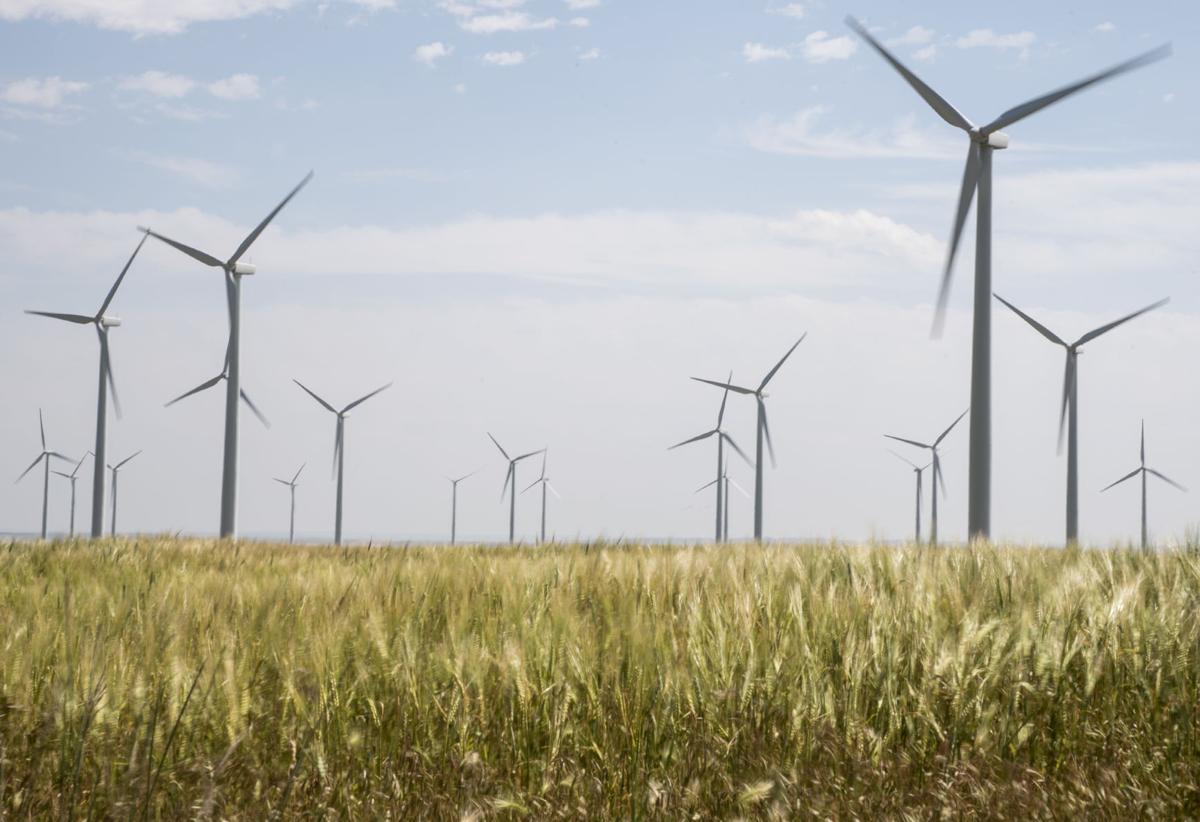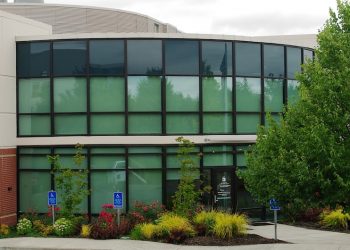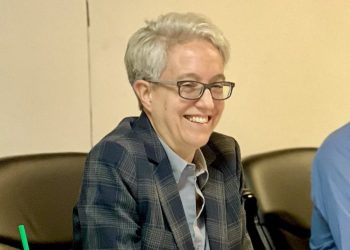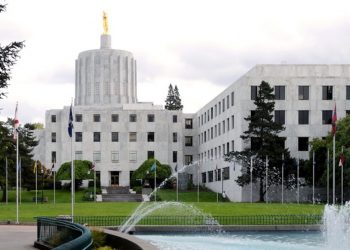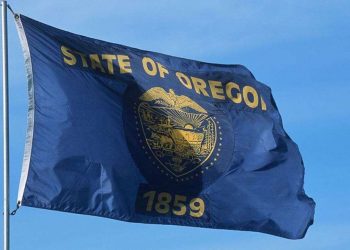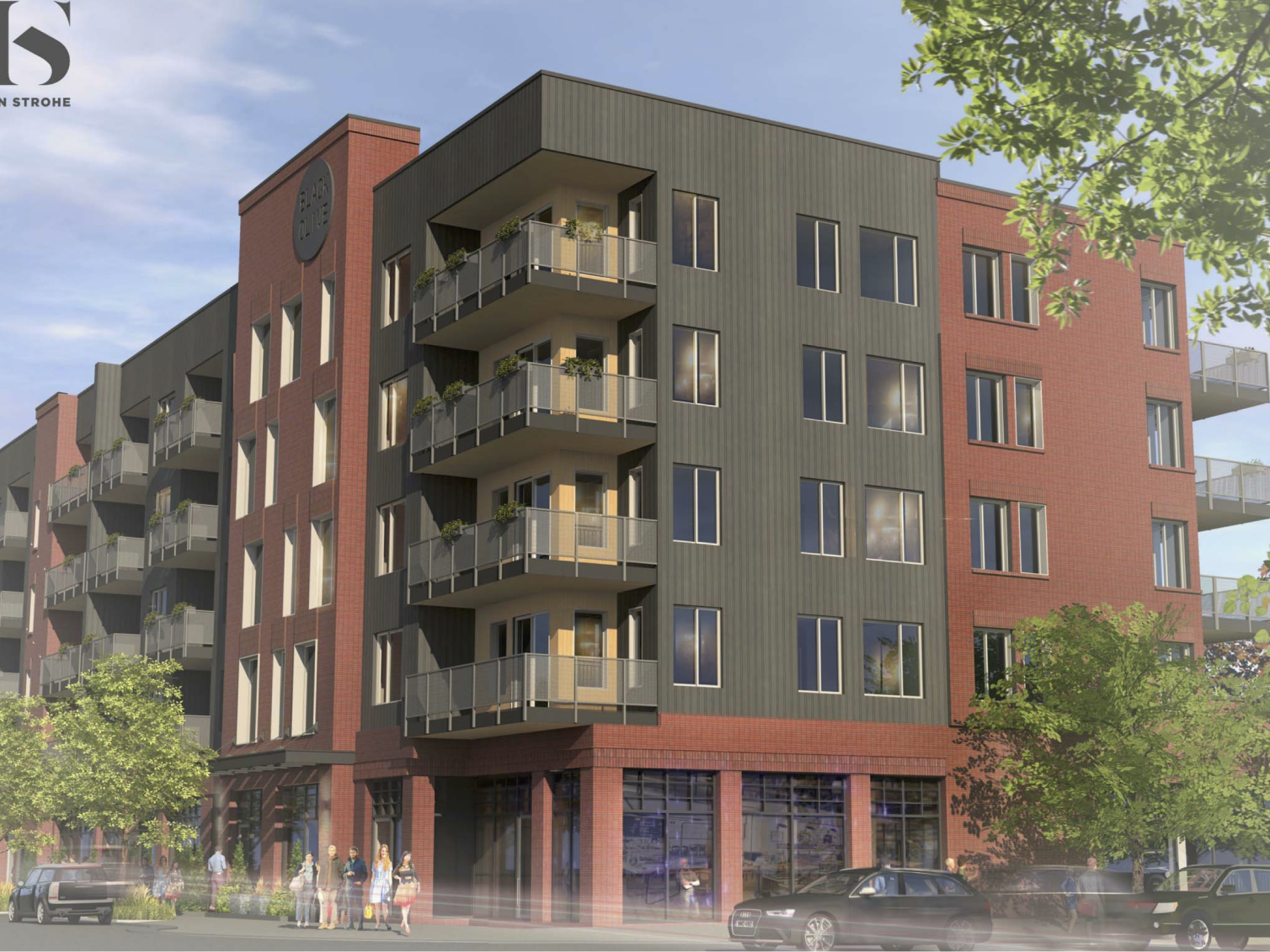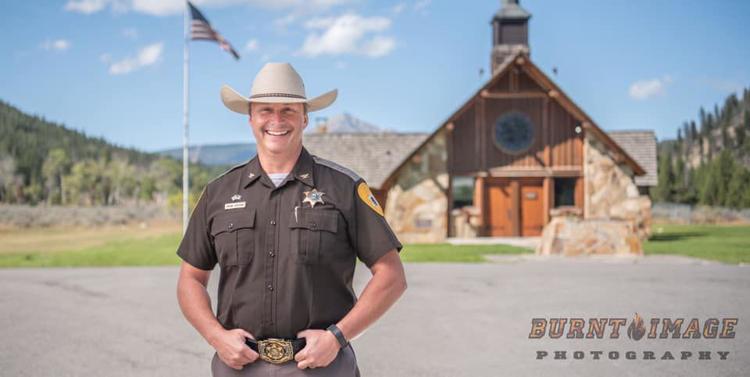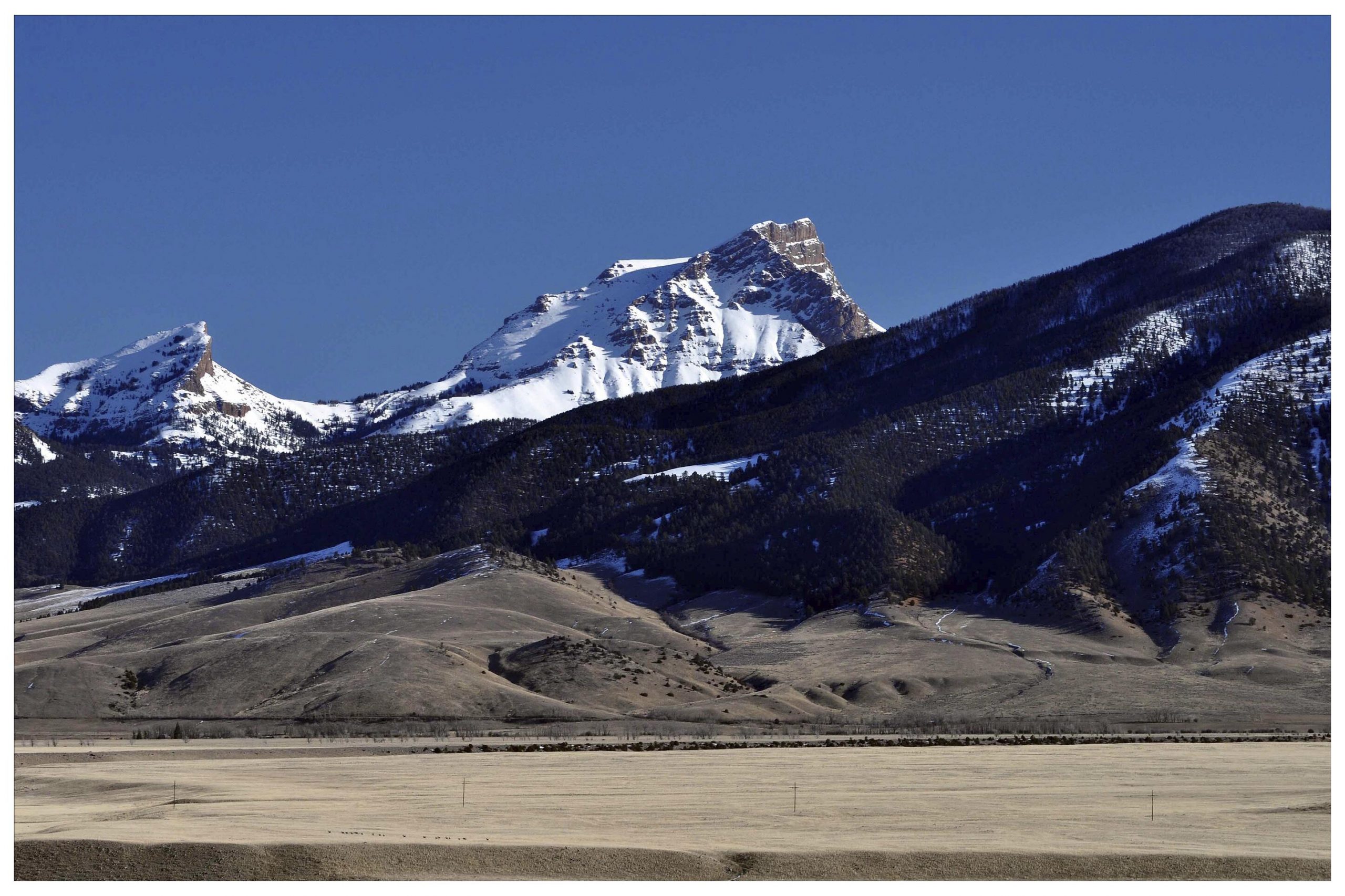BOZEMAN, Mont. – Three of Montana’s major cities are a united front in pushing for more renewable energy sources in the state.
Bozeman, Missoula and Helena are part of an effort to establish a subscriber-based green tariff program with NorthWestern Energy, which would involve the utility adding more renewable energy sources that customers big and small would be able to choose to source their electricity from for a special rate.
Though the local governments are a big part of NorthWestern’s stakeholder group in the green tariff process, their combined climate work goes beyond just the proposal. As one part of their various climate-related plans, Helena and Missoula have the same goal: To have 100% clean electricity by 2030.
Should Bozeman city commissioners approve the city’s climate plan on Tuesday, they will join their counterparts in the 2030 goal.
Bozeman sustainability program manager Natalie Meyer said the shared goal shows a “degree of unity around a common desire for renewable energy.”
“I think it’s the result of sort of a leadership vacuum on the topic where there’s not currently strong federal leadership on it, and you know statewide leadership is mixed,” Meyer said. “Cities have, I believe, to most directly deal with the consequences of climate change and we have to look around the corner to make sure that our community (is) prepared for climate change and we’re doing everything we possibly can to reduce the impacts of climate change.
“Right now leadership is coming from the cities.”
But, while some of Montana’s cities have ambitious goals and the intent to reach them, they can’t do it alone.
NorthWestern Energy provides nearly all of the electricity for Bozeman, Helena and Missoula.
In 2019, Missoula city and county elected officials adopted a joint resolution committing to getting to 100% clean electricity in the Missoula urban area by 2030.
“I think from the beginning we recognized that our options to achieve 100% clean electricity were fairly limited given the reality of Montana’s regulated utility market, we can’t just go out and buy electricity from whoever we want to,” said Diana Maneta, Missoula County sustainability program manager.
NorthWestern Energy has been the subject of criticism from environmental groups for what they say is an insufficient emissions reduction goal and its now-terminated bid to expand operations at Colstrip power plant, but it also has shown a willingness to work with local governments on their clean energy goals.
Maneta said they explicitly stated in the 100% clean electricity resolution that working with the utility would be a necessary part of their strategy. NorthWestern Energy, for their part, agreed to play ball.
“It’s a way that we can be responsive to our customer’s needs in the way that they desire to be served,” said John Bushnell, the utility’s sustainability manager.
NorthWestern Energy signed onto an agreement with Missoula city and county on their 100% clean electricity goal, and are working on an implementation plan. A green tariff, and the new renewable sources of energy that would come with it, is the “most promising” path for Missoula to meet their goals, Maneta said.
Bushnell said they expanded their work with Missoula on a green tariff proposal to include entities across Montana, including Bozeman, Helena and some large companies in the state.
Bozeman and Helena also point to a green tariff as a major component of meeting their 2030 goals, but the details of the program are still in the works.
Bushnell said they have to finish working with an advisory group, then determine how big the renewable energy resource will need to be to accommodate the new subscribers. They’d also have to work out internally how the program would work, Bushnell said, and then look for someone to provide the renewable energy sources.
Even after all that, the program would still need the approval of the Public Service Commission. Bushnell estimated they will file in front of the commission in the spring of 2022. The commission could then take months to make their decision, Bushnell said.
Before presenting it to the commission, Bushnell said they would need the local governments on board.
For the local governments, making sure the program involves the addition of new renewable energy sources, not just the shifting around of who gets energy from where, is key, they said. Also important is making sure the program is fair, and doesn’t result in cost increases for those who don’t opt into it, Meyer said.
With the four governments in the process of hiring a consultant to represent them in the green tariff drafting process, they are a united front. Helena’s sustainability coordinator Patrick Judge hopes their combined influence gives them leverage.
“I definitely think that three of the major cities plus the county of Missoula represents a sizable share of NorthWestern Energy’s customers and so I think that amplifies our influence,” Judge said. “I think that the utility has been clear that they’re open to hearing what their customers want to see.”
Bozeman, Helena and Missoula aren’t the only cities working toward clean energy goals — Billings is also involved in the green tariff stakeholder process, Bushnell said.
Andrew Valainis, with the Montana Renewable Energy Association, said it’s a newer trend for local governments to take their own action, though he thinks it’s a “natural progression.”
“I think municipalities can be motivated in different ways to take different actions, and sometimes they’re cueing off of state actions and sometimes they’re cueing off of state inaction,” Valainis said.
Rep. Chris Pope, D-Bozeman, who was elected to the state Senate in November, said he expects Montana cities like Bozeman to lead the way on a statewide transition to renewable energy.
“I think at the local level is where true change has to start,” Pope said. “This is not to be forced down from the state level on high.”
Still, the local governments are hoping their work will have larger ramifications. Maneta and other sustainability coordinators said they hope their work on a local level accelerates a shift to clean energy statewide.
Meyer said she hopes the program could be an example of a working partnership between local governments and NorthWestern Energy.
Chase Jones, energy conservation coordinator for the city of Missoula, said he hopes their local work shines light on the statewide climate change conversation.
“I … hope that elevating the importance of the urgency (of climate change) and building this education is inspiring conversations on action,” Jones said. “Then I hope that that action is building those big systemic changes across the state.”
Just as local governments need NorthWestern Energy’s buy-in for the green tariff program, the cities can’t go it alone on clean energy.
Conor Ploeger, Montana Environmental Information Center’s clean energy program director, said the Legislature has a lot of control over how Montana will adopt clean, renewable energy.
Pope said one pathway forward could be for the Legislature to enable local governments to make broader decisions about their energy sources. At the upcoming session, Pope said he’ll work to identify places where state law may be an obstacle to local communities making their own energy and climate-related choices.
“I think they provide a very unique voice by saying this is what our municipality wants,” Ploeger said. “That sends a clear message to the state Legislature.”

